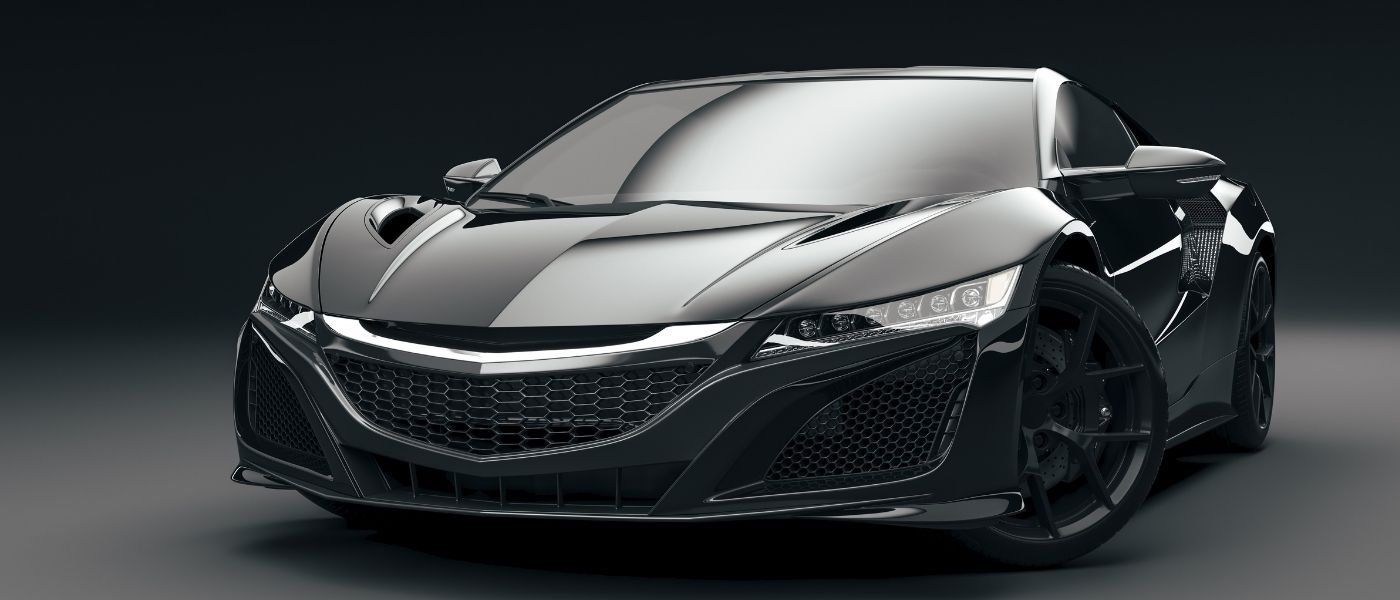While the term “luxury car” is subjective, it is generally indicative of a vehicle that offers optimum levels of comfort, quality, and performance, as well as a highly regarded brand image. Another thing that luxury vehicles are known for is their exceptionally high price tags. Before making such a large financial decision, it is important to be aware of both the benefits and the drawbacks of luxury vehicles. Doing so will help you make a well-informed decision and avoid any buyer’s regret later on down the road.
Benefits of Buying a Luxury Car
- Driver Experience: Known for having exceptional aesthetics and advanced capabilities, these vehicles can transform even the most mundane tasks—such as commuting to work or driving to the grocery store—into a luxurious experience.
- Safety: Luxury vehicles aren’t just all about looks and powerful engines—they are also known for their advanced safety capabilities. Luxury vehicles are often equipped with the latest safety technology which can help keep you and your passengers safe while on the road.
- Longer Lifespan: Luxury vehicles are made to last a considerable amount of time. Because the manufacturers of luxury vehicles don’t make any compromises in quality in order to sell the vehicle at a more reasonable price, a luxury car is generally optimized to last longer than an economical model.
Drawbacks of Buying a Luxury Car
- The High Purchase Price: As previously mentioned, luxury cars aren’t all that friendly on the wallet. There is a hefty price to pay for those sleek aesthetic and advanced capabilities. While there are several ways to save money when purchasing a luxury car—such as buying used—you should still prepare to pay a considerable amount of more money on a luxury car than an economical model.
- Higher Insurance Costs: In addition to a high purchase price, luxury vehicles will also often have higher insurance costs. Because luxury vehicles are more expensive, the cost to repair them in the case of an accident is generally higher than an economical model. To ensure that you are covered, insurance agencies typically charge a higher monthly rate.
Low Return on Investment: As you can see, purchasing a luxury vehicle is a substantial investment. Unfortunately, most luxury car owners don’t see much return on their expenditure. Like all cars, luxury vehicles have high depreciation rates and typically lose around 40 percent of their value in just five years. When purchasing such an expensive vehicle, you can expect the car to lose tens of thousands of dollars in value after just a few years.


